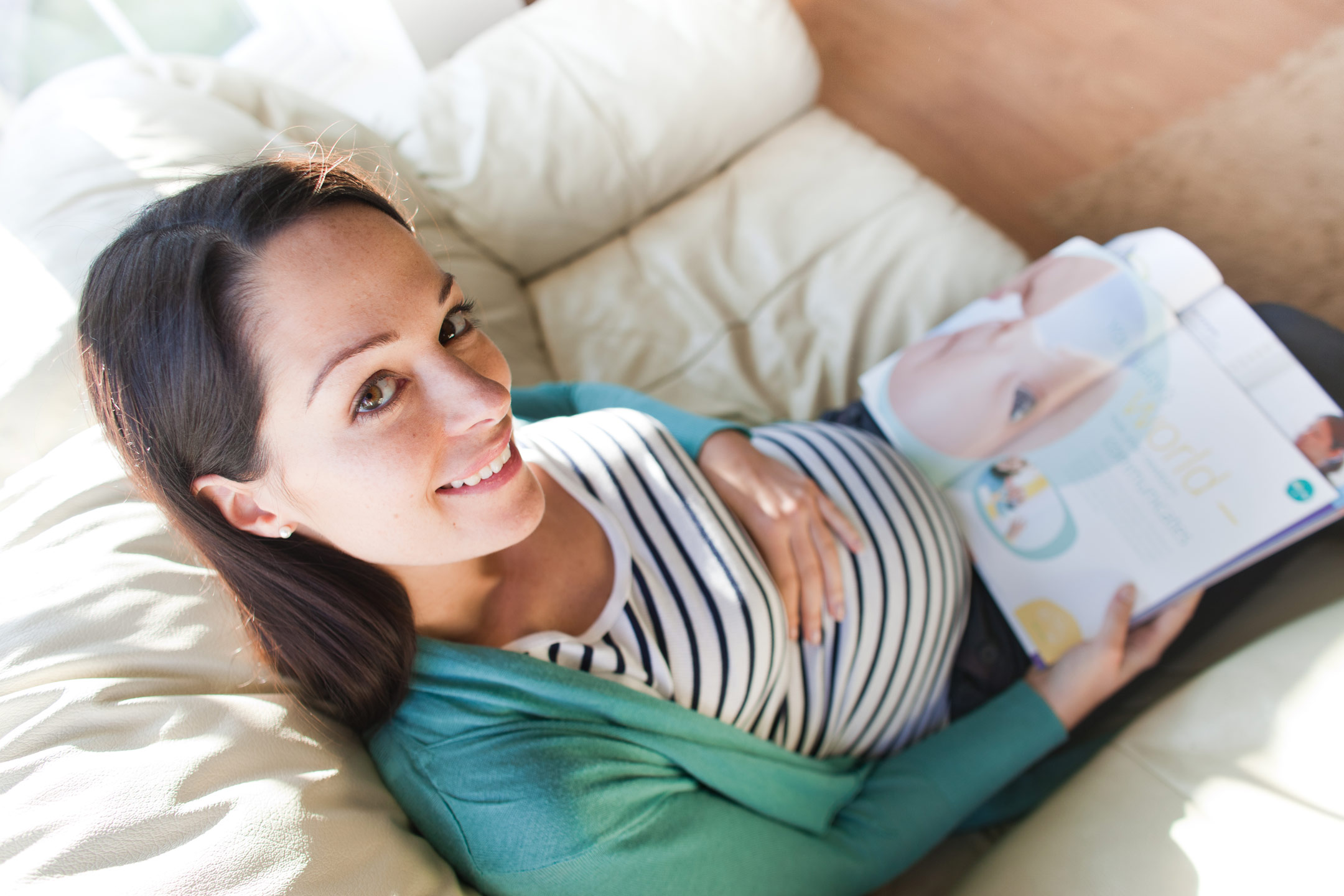
21 Apr Aussie women to benefit from national standard to reduce perineal trauma at birth
In a momentous leap forward for women’s health in Australia, a new national standard of care released today will reduce the risk of women experiencing a serious tear of the perineum at childbirth.
Until recently, perineal tears were a taboo subject and women often suffered in silence after they experienced a severe tear. This is despite 3% of all Australian women giving birth, and 5% of women having their first vaginal birth, being affected by a third or fourth degree perineal tear.
The rate of perineal tears among women in Australia is above the reported average in the OECD. In 2017, 2.5% of vaginal deliveries without instruments* in Australia resulted in a third or fourth degree tear, whereas across the OECD the figure was 1.4%.
The release of the first national Third and Fourth Degree Perineal Tears Clinical Care Standard by the Australian Commission on Safety and Quality in Health Care (the Commission) will help to ensure that women receive appropriate treatment and support throughout their childbirth experience.
Professor Anne Duggan, Commission Clinical Director said, “Minor perineal tears are common during vaginal births and most heal well, but some women experience a more serious tear that requires surgical repair,” said Professor Duggan.
“With third and fourth degree tears, there may be short and long-term complications affecting a woman’s physical, psychological and sexual wellbeing. We want women to understand that they can talk to their healthcare team to prepare for childbirth, and to know that if a serious tear occurs, high quality care is available to help them recover well, and reduce the likelihood of long-term impacts.”
“During pregnancy, women may be feeling overwhelmed with making decisions about their health care. This standard aims to ensure they are well informed and prepared for what they may experience with childbirth,” said Professor Duggan.
The new clinical care standard has been endorsed by the Royal Australian and New Zealand College of Obstetricians and Gynaecologists (RANZCOG), the Australian College of Midwives (ACM), the Australian Physiotherapy Association (APA) and other professional bodies.
* The risk of a perineal tear is higher when instruments (forceps or vacuum extraction) are used.

